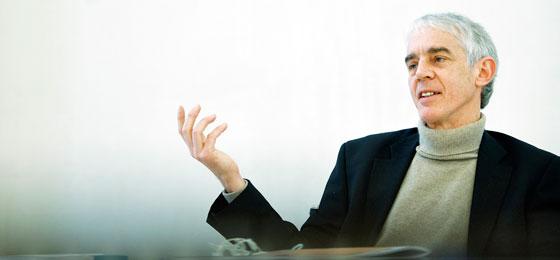Open data and the NSA affair

By Martin Vetterli
The open-data movement has already reached almost the whole of society. Thus today, for example, digital content can be used freely (open content), computer programs perused and altered (open source), official data consulted (open government) and educational courses pursued free of charge (open education).
Research, too, is affected. At present, the demand for free access to scientific literature is a major talking point. Behind this open-access movement lies the noble goal of making commercial publications freely accessible to readers – because they are in fact financed from public funds. Last August, the European Commission proudly announced that soon the majority of publications will be freely available. But this new system also has knock-on effects, because the cost to researchers of submitting publications has risen considerably. For this reason, the SNSF is giving financial support to those publishing in open-access journals. This chosen path is the right one, however, as it promotes the free dissemination of knowledge and learning.
For scientists, the open-access movement is only the beginning. The next big challenge will be free access to the data from work that has been published. This will bring in its wake complex questions regarding the storage and shared use of data. But this development will also prove positive for the scientific community, since it will allow for a whole new culture of reproducibility of scientific experiments. In recent years, this issue has come under fire. But for science it is the greatest commodity of all, as it is the very basis of the success story behind scientific research. Perhaps the open-data movement can aid us here.
Of course, this shift to more and more digitised, publicly accessible data has its downside. Sensitive health data and online behaviour in one’s private sphere are often afforded an inadequate degree of respect. The spying affair involving the NSA has shown how quickly our privacy can disappear. So researchers should not be naïve, nor should they shut their work off from technological developments. It has to move with the times in order to be able to continue making new discoveries. And for this, a certain degree of ‘openness’ is indispensable.
Martin Vetterli is the Chairman of the National Research Council and teaches electrical engineering at EPFL.
(From "Horizons" No. 100, March 2014)